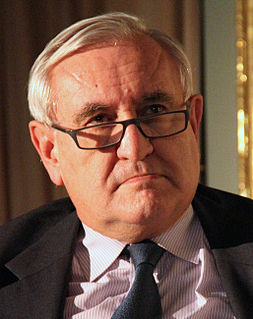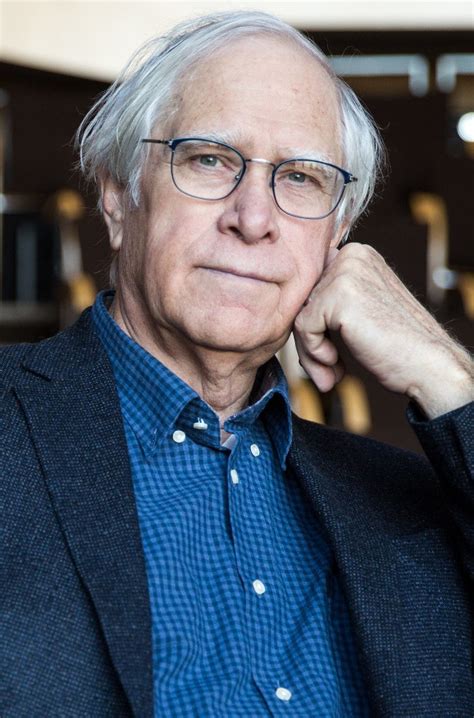A Quote by Jared Diamond
Not until the beginning of the 20th century did Europe's urban populations finally become self-sustaining: before then, constant immigration of healthy peasants from the countryside was necessary to make up for the constant deaths of city dwellers from crowd diseases.
Related Quotes
There's this Indian fellow who worked out a cycle like the idea of stone-age, bronze-age, only he did it on an Indian one. The cycle goes from nothing until now and 20th century and then on and right around the cycle until the people are really grooving and then just sinks back into ignorance until it gets back into the beginning again. So the 20th century is a fraction of that cycle, and how many of those cycles has it done yet? It's done as many as you think and all these times it's been through exactly the same things, and it'll be this again.
The constant reprimands made me hyperconscious of my own performance, and so instead of getting rid of self, I had become embedded in the egoism I was supposed to transcend. Now I was beginning to understand that a silence that is not clamorous with vexation and worried self-regard can become part of the texture of your mind, can seep into you, moment by moment, and gradually change you.
Taking photographs is generally an act of 'looking at the object, whereas 'being seen' or 'showing' is what is most interest to one who does a self-portrait...self-portraits deny not only photography itself but the 20th century as an era as well...an inevitable phenomenon at the end of the 20th century.
The different American experience of the 20th Century is crucial because the lesson of the century for Europe, which essentially is that the human condition is tragic, led it to have a build a welfare system and a set of laws and social arrangements that are more prophylactic than idealistic. It's not about building perfect futures; it's about preventing terrible pasts. I think that is something that Europeans in the second half of the 20th century knew in their bones and Americans never did, and it's one of the big differences between the two Western cultures.
I believe that if one can understand one's false personality or ego, then they can develop self-awareness and the manifesting of that self-awareness is leadership. Such a leader sets up the mechanisms within which creativity can flourish, and managers turn this into innovations in the marketplace and society. But it's never as clear-cut as I'm making it sound. It's much more dynamic, chaotic and fascinating in the way it plays out. That's why people have to operate more from their inner essence; it's the other constant that copes with the legendary constant of change.


































